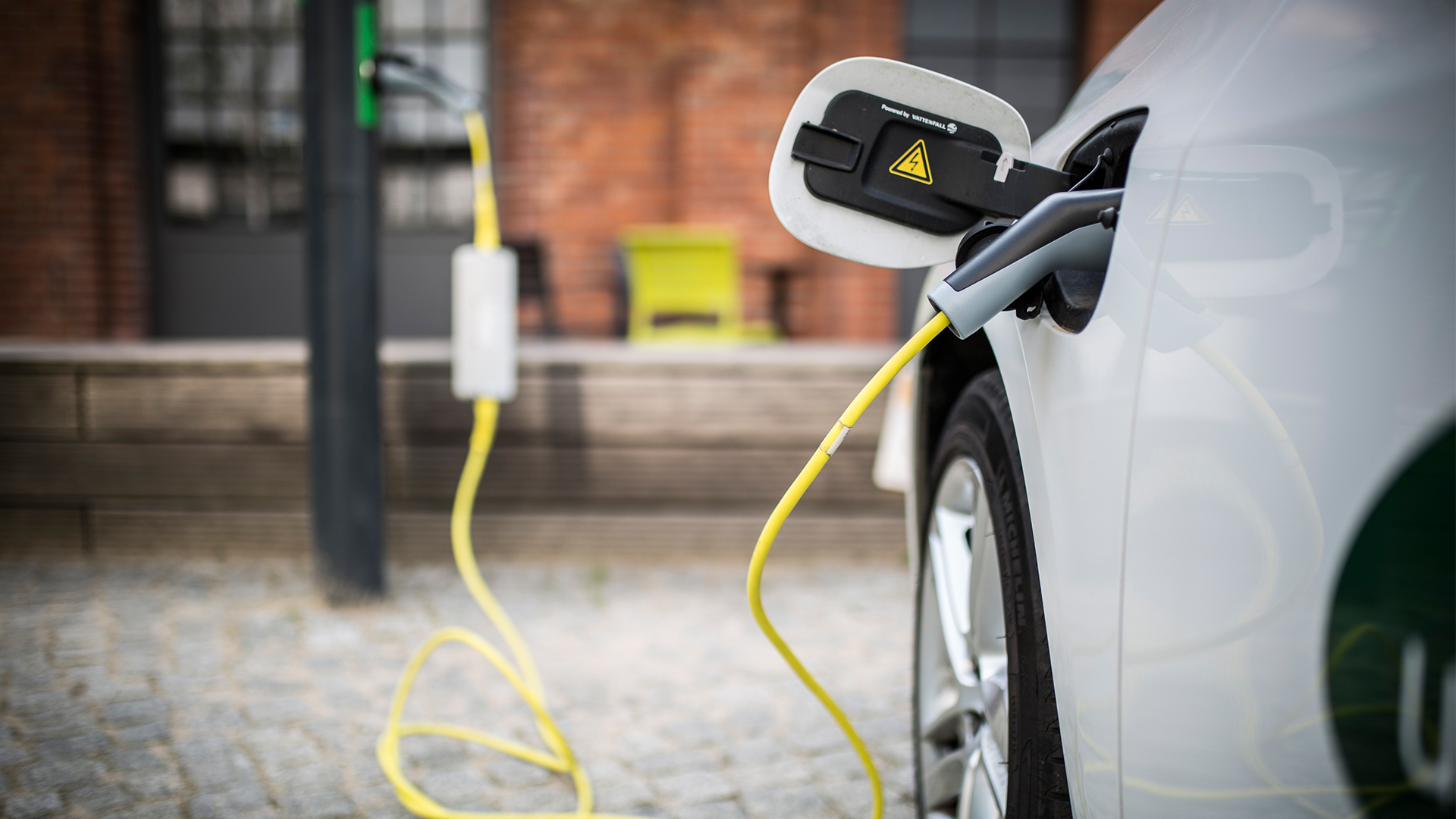

Germany is home to some of the most notable and luxurious automotive brands in the world. Despite its rich heritage that surrounds the internal combustion engine, the country is turnings its back on traditionally powered cars and looking towards electric for its future. Data provided by Germany’s Federal Motor Transport Authority (known locally as the Kraftfahrt-Bundesamt, or “KBA” for short) shows a surprisingly sharp upwards trend in EV purchases compared to 2017, with an unexpected challenger taking the lead for sales in April.
As the sales of diesel-powered vehicles continue to spiral downward in Germany, the consumers are looking to purchase the next big boom in power: electric. Statistics provided by the German KBA show a 61 percent increase in plug-in EV sales during April 2018 compared to the same timeframe in 2017, making it clear that its citizens are buying what the government is pushing. Fully electric cars (BEVs) have increased sales of 124 percent, while traditional non-plug-in hybrids have grown 70 percent. Plug-in hybrids (PHEVs) only show a small 21 percent increase. Surprisingly, this data also takes into consideration compressed natural gas fuel-cell vehicles (FCEVs), which have seen a 21 percent sales increase overall.
Kia’s Soul EV topped the charts by selling 721 units in April, followed by the BMW i3 with 491 cars. This sizable gap is extremely favorable to Kia and shows the largest sales volume increase for the manufacturer in over two years.

This data is consistent with the top-selling BEVs of 2018 so far, with the exception of the Mercedes E350e, the lone hybrid in April’s top five. It is important to note that even though the vehicles were sold in Germany, they may very well end up in neighboring country Norway, which has shown an insatiable appetite for electric cars. It is a common practice for dealers to purchase EVs in other countries and export them for sale to Norwegian customers, skewing the statistics by creating false “phantom sales.” The Kia Soul EV has been one of the best selling EVs in Norway since being named car of the year in 2014.

The statistics also show that consumers seemingly still do not place their full trust in electric cars when a diesel option is available to purchase. Whether this is due to unfamiliarity with new technology, overall cost, or some unknown reason, consumers seem to much rather prefer choosing a conventional diesel powerplant over a BEV or PHEV. However, if consumers have the option to choose the same model in either a battery-only or hybrid configuration, they are much more likely to choose a fully-electric car.
With the exception of the Kia Soul EV, if the vehicle is offered in both a diesel and electric configuration, an average of only 20% of consumers sprung for the electric version. Likewise, (with the exception of the Toyota Auris, Porsche Panamera, and Toyota Rav4, all of which have astronomically high EV adoption rates compared to diesel), if the vehicle is offered in both a diesel and hybrid configuration, an average of only 26% of consumers sprung for the hybrid version.
Only three vehicle models sold in 2018 were available in both BEV and PHEV configurations; data shows that on average, 145 percent of consumers were more likely to buy the BEV version of the car rather than the PHEV. Surprisingly, only one vehicle is offered in all three configurations (diesel, hybrid, and electric): the Volkswagen Golf. Of the total sales, only six percent were for an alternative fuel model; of which, only 10 percent (or, 0.6 percent total) were for fully-electric versions.
Electric cars are becoming more readily available and are steadily dropping in price, market indicators that show a strong trend in consumers beginning to adopt the technology more than ever. Germany’s specific example reinforces its auto manufacturing sector having a strong commitment to electrifying a large number of vehicles in their fleets over the next several years. With withering diesel sales and an increase in electrification, passenger cars may make the change sooner than most consumers are ready for.